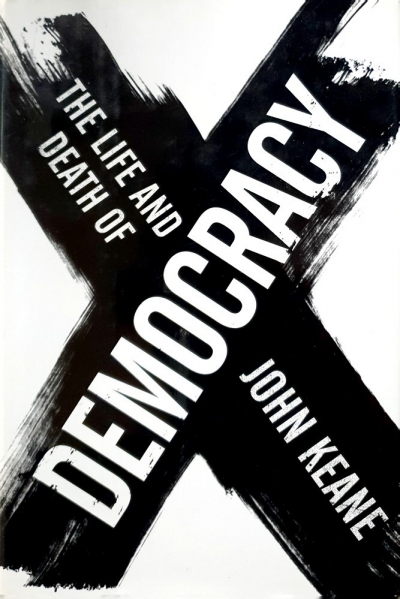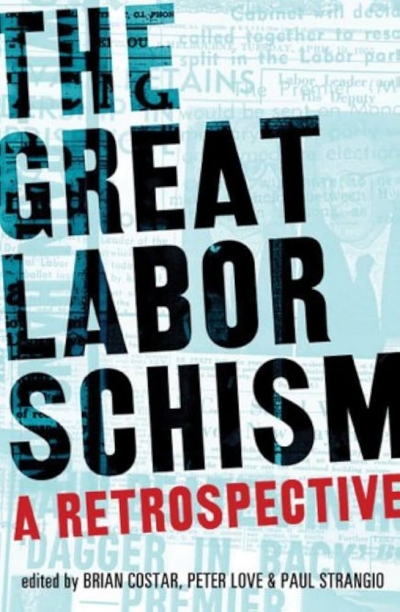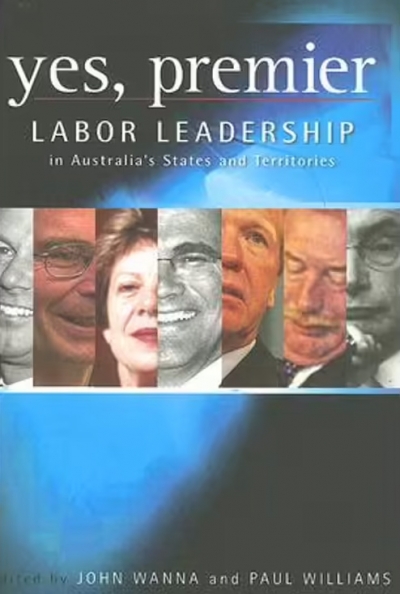Fresh from celebrating one glorious misadventure in Australia’s radical history, the labour movement now confronts a more awkward anniversary. The recent 150th year celebration of the Eureka Stockade brought with it a certain self-congratulatory afterglow. Less sanguine recollections will no doubt colour the fiftieth anniversary of the great ALP Split of 1955. This catastrophe had its origins in a decade-long struggle between right-wingers combined in Industrial Groups, and communists, over union power. The legacy of this Split ran from mass expulsions in the ALP, to collapse of state governments, disaffiliation of a union bloc and, finally, to a new political party, the Democratic Labor Party (DLP), whose preferences ensured that the ALP could not win a federal election for two decades. Whatever malaise debilitates contemporary Labor, the Split remains the party’s greatest tragedy.
...
(read more)






